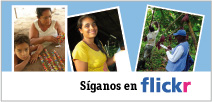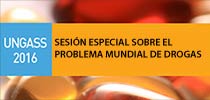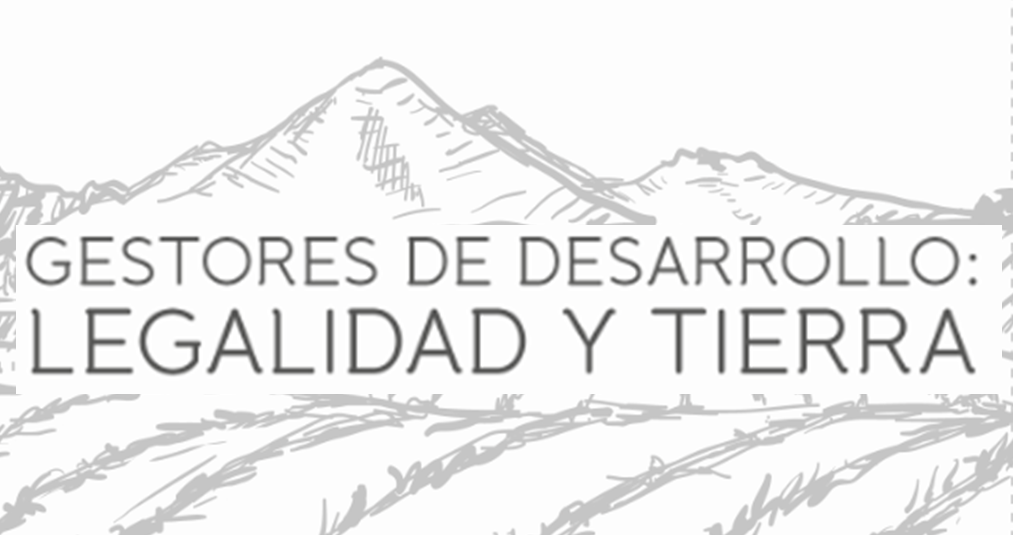Rosicler Romaña:Cultivating cacao instead of coca
Rosicler ("Rosi") Romaña rises each day at 4 a.m. and travels an hour to her five-acre plot near the village of San Andrés (department of Chocó), in Colombia. It's a land she worked as a child, at her father's side, but she only began farming it herself recently. In the 1980s, when Rosi was still a girl, her family was forced to flee their home because of armed conflict. A decade later, a paramilitary group came to San Andrés and initiated a new cycle of terror and violence, and Rosi's family abandoned their farm.
Eventually, peace was restored in San Andrés and Rosi, who is now 34 and a single mother of four, returned with her children to the long-deserted family farm. Some of the neighbouring farmers were growing coca bush to feed the booming cocaine market. Rosi considered taking up illicit cultivation herself because she needed to earn enough to support her family. However, with help from Colombia's innovative Forest Warden Families (Guardabosques) Programme, which UNODC supports, she planted cacao plants and plantain trees instead. The plantain trees are already yielding marketable fruit, but the cacao plants take longer to mature.
Nevertheless, Rosi knows her cacao has a solid commercial future: "I work hard with the cacao because I know that it can take me out of poverty."
Since 2003, more than 100,000 Colombian families have benefited from participating in the Guardabosques programme, which aims to eliminate illicit cultivation and promote a culture of legality and sustainable development. The programme targets indigenous and Afro-Colombian rural communities in environmentally strategic regions where families are at risk of becoming involved or are already directly involved in the cultivation of illicit crops. It empowers families to become active participants in local and regional social and economic development processes, eradicate illicit cultivation and protect Colombia's forest, soil and rivers.
The Guardabosques programme has also opened new domestic and international markets for Colombian agricultural products like cacao, coffee, heart of palm and honey, and helped create a market for ecotourism. Participating families commit to keeping the countryside free of illicit crops and, in return, the Guardabosquesprogramme provides them with a modest economic incentive and a wide range of technical assistance to develop their marketing and management skills, promote environmental awareness and organic farming practices, and foster local cooperation in the production and sale of crops.
Guardabosques families are obliged to save 40-50 per cent of their financial incentive to co-fund productive projects or purchase their land, and to develop and implement strategies to reclaim and safeguard their environment. As a result, Guardabosques families are protecting or recovering hundreds of thousands of acres each year, and the vast majority have affirmed their commitment to never cultivate illicit crops again. In the programme's first five years (2003-2008), more than 35,000 acres of illicit crops were eliminated voluntarily with a very low replanting rate (5 per cent), and over 12,000 families purchased more than 150,000 acres in 99 municipalities.
Today, Rosi is a leader of the San Andrés community and her farm is a showcase for both outside visitors and local farmers. She has hired two people to help her and her children run the farm, and she consults regularly with UNODC technical experts for news about plants and organic farming techniques that can increase her crop yield. She has turned herself into an example and an inspiration for many local people and is eager to share her knowledge. "If someone comes to my house," says Rosi, "I'll open the door and demonstrate that you can achieve anything you want."




